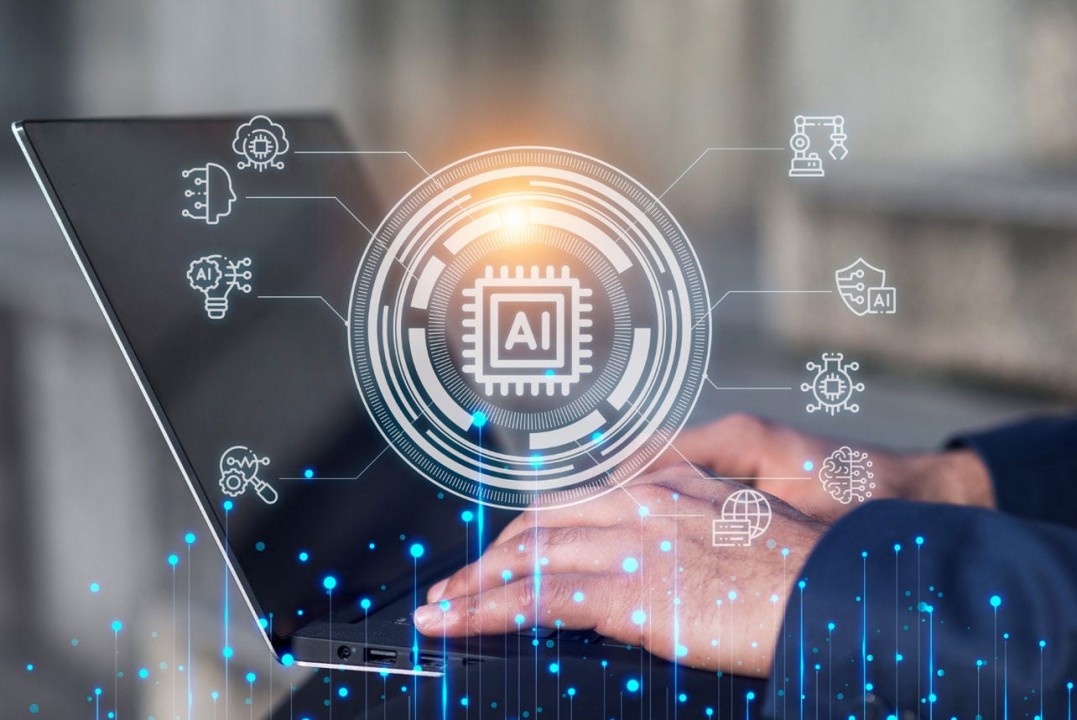
The Real Impact of AI on Software Development: Beyond the Hype

Sujan Prasad Bhattarai
Embedded/Firmware Engineer
The integration of Artificial Intelligence (AI) and Large Language Models (LLMs) into software development has sparked both excitement and concern in the developer community. Let's explore the real impact of AI on coding, separating the hype from reality, and understanding where human expertise remains irreplaceable.
The Current State of AI in Software Development
- Code Assistance and Generation
- Productivity Enhancements
- Learning and Documentation
Where AI Excels
- Routine Tasks
- Code Quality
- Developer Workflow
Limitations and Human Expertise Requirements
- Complex Problem Solving
- Domain Knowledge
- Innovation and Creativity
The Future of Human-AI Collaboration
- Evolving Developer Role
- New Skills and Competencies
- Best Practices for AI Integration
Navigating the AI-Enhanced Development Landscape
- Guidelines for AI Tool Usage
- Maintaining Code Quality
- Team Collaboration
Preparing for the Future
- Skill Development
- Adaptation Strategies
Conclusion
AI is transforming software development, but it's important to understand its role as a powerful tool rather than a replacement for human developers. While AI excels at automating routine tasks and improving productivity, complex problem-solving, architectural decisions, and innovation still require human expertise.
The future of software development lies in effective human-AI collaboration, where: - AI handles routine and repetitive tasks - Developers focus on complex problem-solving - Teams leverage AI for productivity while maintaining quality - Human creativity and expertise drive innovation
Success in this new landscape requires a balanced approach: embracing AI's capabilities while continuing to develop the deep expertise and complex problem-solving skills that remain uniquely human. The key is not to see AI as a replacement but as a powerful tool that enhances human capabilities in software development.